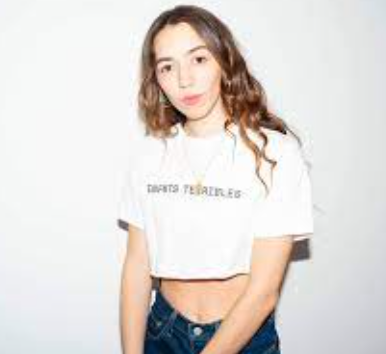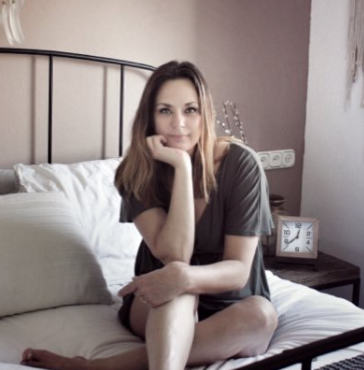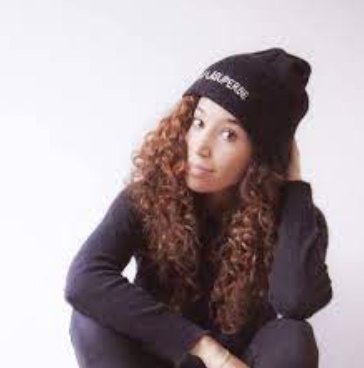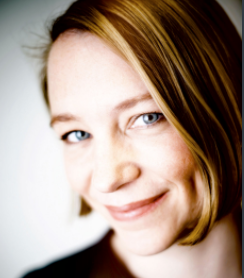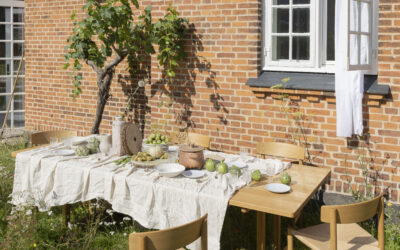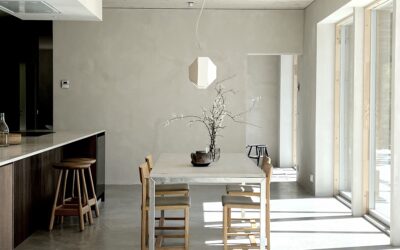Belgium: Why and how to conquer the lifestyle market
Belgium: The country of chocolate, fries, and … fashion. Maybe not as tasty, but surely more than tasteful. Martin Margiela, Dries Van Noten, Raf Simons, and Ann Demeulemeester are just a few of the big names who rose to fame from the country’s main cities Antwerp and Brussels. Interior design doesn’t need to hide in the fashion industry’s shadow though. Belgians tend to love building and decorating their homes. Now you only need to localize your contacts and link them to the right language … A quick guide on how to navigate this little, but extremely diverse and interesting country.
The Antwerp Six
Being such a small country, Belgium has still managed to put its stamp on the international fashion scene. Martin Margiela was a pioneer who rose to fame from Antwerp and you probably have heard of Raf Simons who’s been the creative director of Calvin Klein, Dior, and now Prada. Then names like Ann Demeulemeester and Dries Van Noten probably also ring a bell: Part of the Antwerp Six, highly influential graduates from Antwerp’s Royal Academy of Fine Arts.
Although Antwerp remains the Belgian fashion capital, the country’s actual capital definitely played and continues to play an important role in the country’s fashion history as a bustling city with creative ateliers and boutiques in the presence of inspiring artists like the surrealist René Magritte.
The popularity of Belgian fashion doesn’t reflect as much on its interior design. However, the saying goes that Belgians have a brick in their stomach’, pointing to their desire to build their own homes.
Needless to say that there is an audience for home interior products. According to a Santander market analysis, Belgians spend more than 6% of their household budget on their homes in the form of furnishings and maintenance, which is more than what they spend on fashion which trails behind with around 4%. Moreover, the report states that there’s a growing market for gastronomy, gardening, and home decoration and maintenance (1).
However, Belgium is a patchwork of languages, cultures, preferences, and attitudes, so it is hard to present a single, clear-cut profile and approach. Instead, we present you with some things to bear in mind when figuring out who you want to reach out to and from which locality in the country you’d best do this.
Highlights
1. Choose your language: Belgium has three official languages: Dutch, French, and German – but with Brussels being the capital of Europe, it’s not unlikely to catch some English there too.
Flanders, the northern and Dutch-speaking part of the country, has the biggest population (58%), Wallonia, the southern part, is less populated (31%) and is mainly French-speaking with a small German-speaking community in the east. Finally, the capital region Brussels (which is located in Flanders) has 11% of the population, and communication in the city tends to be in both main languages (Dutch and French).
The main cities are Antwerp and Brussels. Depending on which community they’re from, Belgians’ will have different preferences and habits – with Flemish people leaning closer to The Netherlands than the Walloons, and the latter being closer to the French landscape than the northern citizens.
Most websites catering to the Belgian market have both French and Dutch versions, which is very important. Belgians often shop and explore across the border, also virtually with about 40% of online sales originating abroad, mainly in The Netherlands, France, and Germany (2).
2. Build trust: As opposed to their neighbors in The Netherlands, Belgians are less direct, more formal, and reserved. They prefer to listen and take their time to build a more personal relationship with business partners before making a deal. Take this into account when reaching out to Belgian press or customers: They will appreciate an informal register as long as you’re not making too many spelling mistakes and you stick to business rather than superficial chit-chat.
3. Sustainability: Belgians are very climate-conscious. They love to support their local vendors and consume organic, fresh, traceable products. When you talk to them about your sustainable product or service, fun and fluff won’t cut it. Be sure to get your facts and terminology straight.
Familiarize with the Belgian media landscape
Included in VOCAST’s Belgium curated lists
Fashion media landscape

Home Inteior media landscape

Influencers
Compared to The Netherlands where social media penetration is very high at 88%, Belgium is growing and has more room for growth at 76% (3). The most popular platform is still Facebook with more than 81% users, followed by YouTube at 80%. Then Instagram has over 53% users, while Pinterest has about 30%.
TikTok grew massively: from barely 9% of the internet users on the platform in 2020 to 21,4% in 2021 (3). Although e-commerce is growing in Belgium, Santander notes that 25% of Belgian internet users have adblocks, which actually is as high as 47% for the younger population. As Santander writes in its report, Belgians are more likely to learn about products and services through social media and actively look for those.
Publishing houses
Belgian titles and channels are controlled by just a few large media houses. In Flanders these are DPG Media, Mediahuis and Roularta. The latter also holds French-speaking titles. In Wallonia Groupe Rossel is a major player.
There are the Dutch (VRT) and French-speaking (RTBF) public television and radio channels too, and in Wallonia, people tend to tap into French channels as well.
Meet some of the editors
To get access to the Belgian curated lists of these Magazines, Influencers, Architects, Editors-in-chief, Editors, and more:
(1) https://santandertrade.com/en/portal/analyse-markets/belgium/reaching-the-consumers
(2) https://santandertrade.com/en/portal/analyse-markets/belgium/distributing-a-product
(3) https://www.xavierdegraux.be/sociale-netwerken-belgie-statistieken-2021
Wided is the Lifestyle Researcher for the Belgian and Dutch markets at VOCAST. She’s a Belgian editor and author with a background in journalism. In London, she established a career in digital marketing for fashion and interior design brands. When she’s not working or studying for her Master’s, you’ll find her in front of a canvas, paintbrushes in hand.
SIGN UP TO OUR NEWSLETTER
Get free knowledge on how to optimize your B2B marketing & new product releases.
RELATED POSTS
The Art of Slow Living: When Thoughtful Choices Redefine Design
With a fast-paced everyday life, the principles of slow living stand in a sharp and perhaps comforting contrast. As the movement progresses, more people are integrating the values of slow living into all areas of their lives – from slow food to slow fashion and slow...
Mastering Sustainable Branding in Interior Design
In recent years, the appeal of trendy marble coffee tables, plush sofas, and finely designed lamps has captivated us all. While the interior design industry often embodies craftsmanship, it also has a less glamorous side: its environmental impact. This reality has...
Beyond the Aesthetic: The Emergence of Stylists as Influencers
In the realm of interior design, stylists, recognized for turning creative visions into captivating editorial and commercial projects, are increasingly emerging as key influencers on social media. The rise of digital platforms has substantially redefined their roles,...



